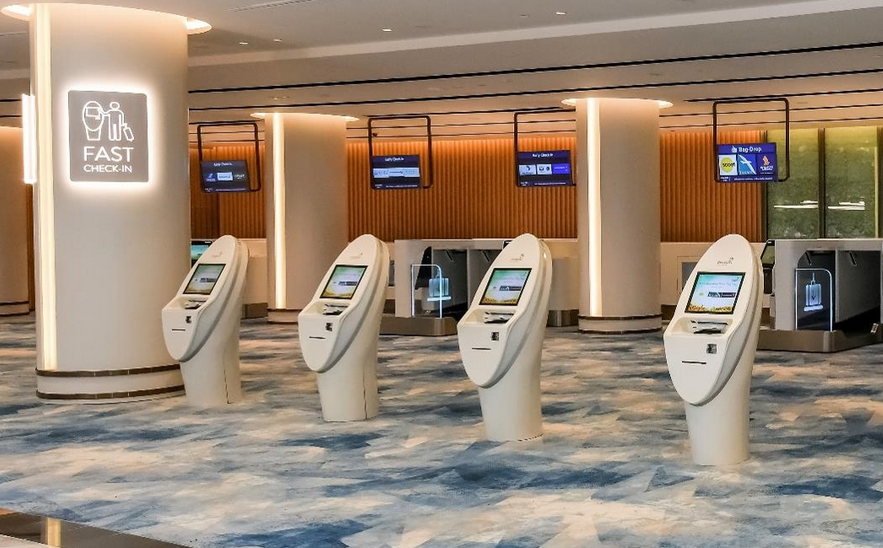ABU DHABI – In an age where technology and convenience converge, the concept of passport-free travel is no longer a distant dream but a burgeoning reality. Spearheading this revolutionary movement, Zayed International Airport in Abu Dhabi is set to implement a ‘Smart Travel Project’ from 2025, utilizing biometric sensors to streamline passenger flow. This initiative is poised to transform the travel experience, offering a seamless journey through facial and iris recognition technologies that negate the need for traditional travel documents.
The implications of such advancements extend far beyond the borders of Abu Dhabi, with Asia emerging as a front-runner in the adoption of biometric travel solutions. Airports across the continent are rapidly integrating facial recognition systems, a testament to the region’s commitment to innovation and efficiency. Tokyo’s Haneda and Narita International Airports, for instance, have introduced ‘Face Pass’ systems, allowing passengers to board flights without presenting boarding passes or passports. Similarly, India’s DigiYatra program has rendered the printed boarding pass obsolete, embracing a paperless and hassle-free approach to air travel.
The shift towards biometric technology in airports was catalyzed by the pandemic, which necessitated contactless procedures and heightened safety measures. The resulting digital transformation has not only enhanced security but also significantly reduced wait times, a boon for the ever-increasing passenger traffic post-pandemic. Airports like Singapore’s Changi have announced plans to trial facial recognition cameras for passport-free departures from 2024, further cementing the region’s position at the forefront of this digital evolution.
However, the move towards a passport-free future is not without its challenges. Privacy concerns loom large, with skeptics questioning the security of personal biometric data. The balance between convenience and privacy remains a delicate one, necessitating stringent regulations and robust data protection measures to ensure the integrity of this new travel paradigm. (hz)
Photo: Changi Airport, Singapore

